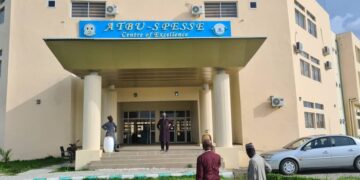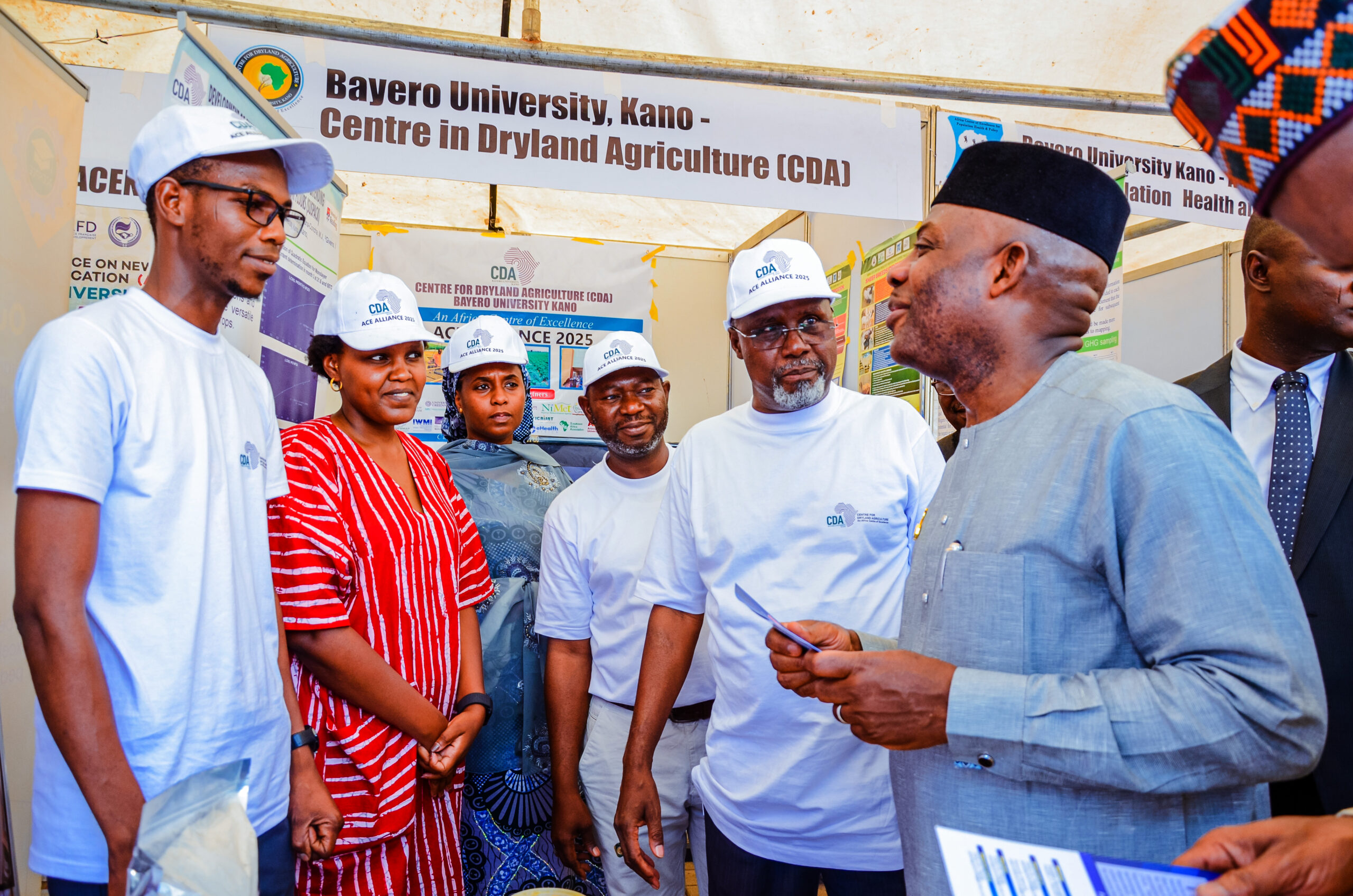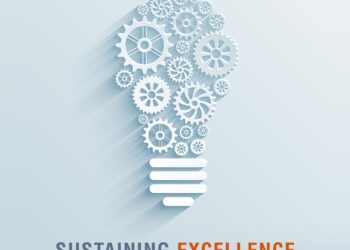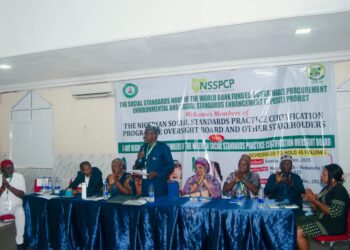(Interview conducted by Dr. Andee Iheme, fnipr, Communication Officer, SPESSCE, ATBU, Bauchi)
As the world grapples with the challenges of climate change, environmental degradation, procurement issues, and social inequality, sustainability has become a critical consideration in development projects. In the context of a World Bank-sponsored project in a developing country’s university, sustainability is not just a buzzword, but a necessity. By integrating sustainable practices and principles, such projects can ensure long-term impact.
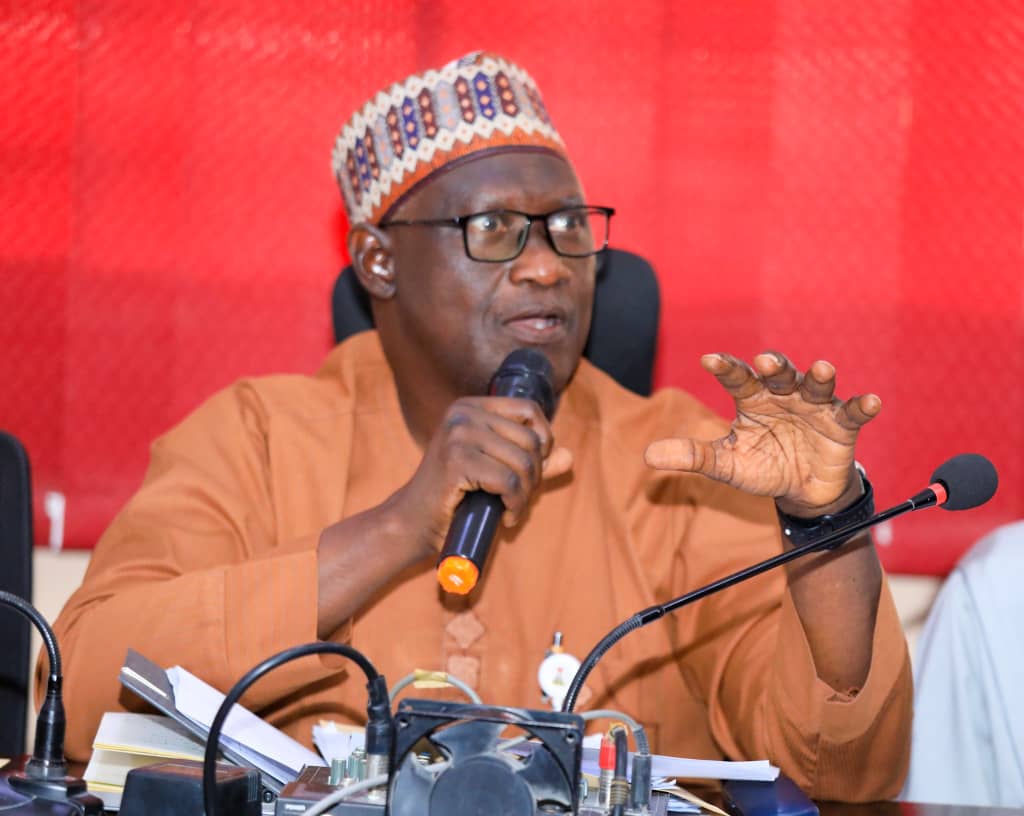
By aligning with sustainability and global procurement best practices, World Bank-sponsored projects in universities in developing countries can make a lasting impact, promote economic development, reduce the high level of corruption associated with public procurement, and contribute to achieving the United Nations’ Sustainable Development Goals (SDGs).
Here, at Abubakar Tafawa Balewa University, Bauchi, the SPESSE Project is pursued with the future in view, recognising that World Bank funding is not a permanent resource. Mindful of this, the Centre Leader, Professor Ibrahim Hassan Garba, galvanised his project team into a mindset of achieving results today while focusing on future possibilities of innovation and sustainability.
This interview, conducted by the Communication Officer of SPESSE-ATBU with Professor Garba, therefore, sheds light on the ATBU SPESSE Centre of Excellence and how well the sustainability factor has been embedded into the Project.
Please, read on.
Comms Officer: The ATBU-SPESSE Centre of Excellence plans to equip its research laboratories with state-of-the-art equipment to strengthen its research and innovation culture. Could you elaborate on how this investment in infrastructure will directly contribute to achieving sustainability within the Centre and its broader impact?
Prof. Garba: Equipping our research laboratories with state-of-the-art equipment is a cornerstone of our sustainability strategy. Firstly, it directly enhances our capacity for cutting-edge research and innovation in the SPESSE thematic areas, particularly the Environmental Node. This means that we can conduct more precise, efficient, and impactful studies, leading to solutions that address real-world sustainability challenges.
Secondly, it ensures the establishment of a vibrant research ecosystem.
Thirdly, high-quality research output can generate intellectual property, secure grants, and attract partnerships, creating a self-sustaining funding model for the Centre.
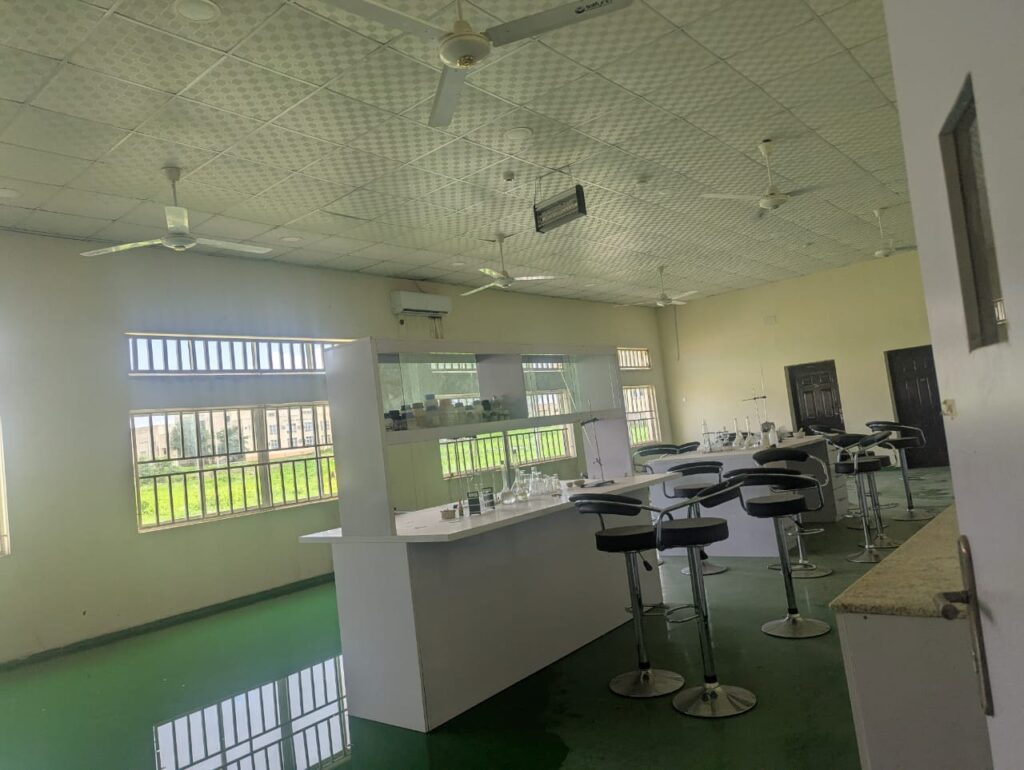
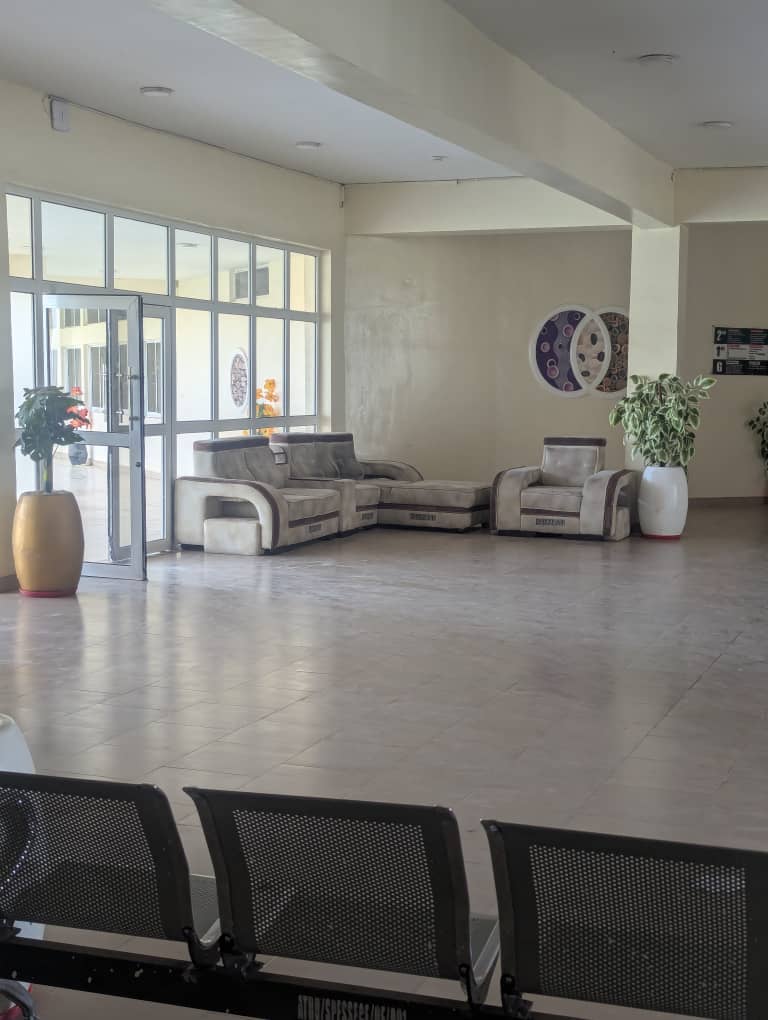
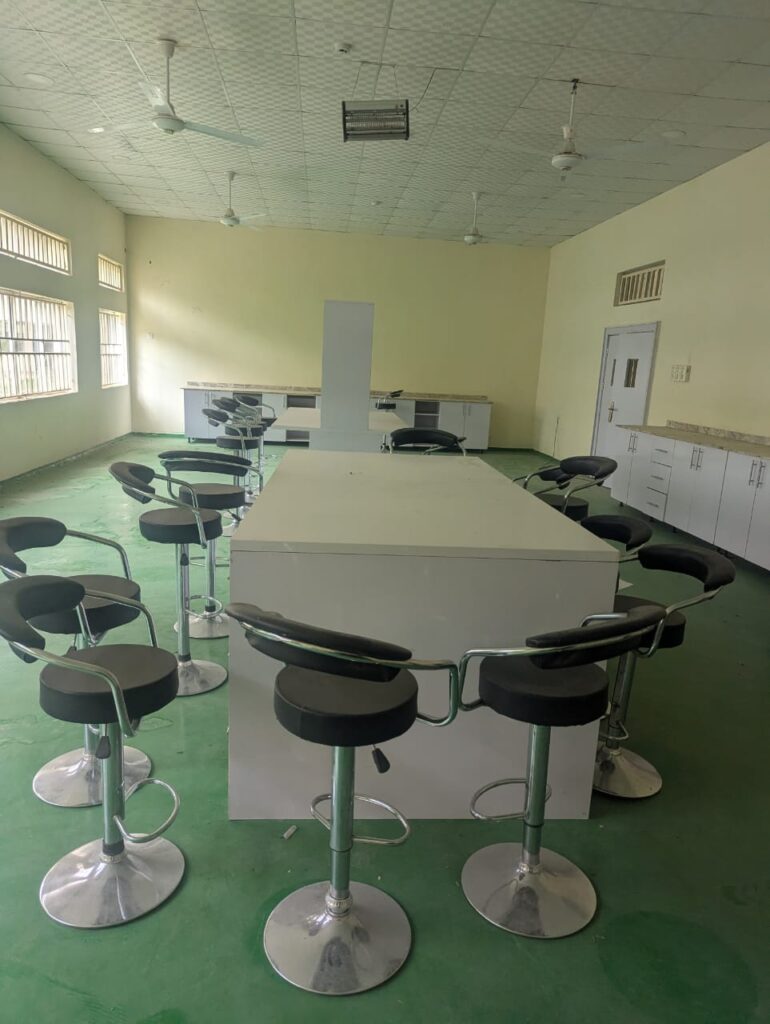
Comms Officer: Beyond just acquiring equipment, what specific strategies will the Centre implement to ensure the effective utilisation and long-term maintenance of this advanced laboratory equipment, aligning with a sustainable operational model?
Prof. Garba: Effective utilisation and long-term maintenance are crucial for the sustainability of our equipment investment. We will implement several strategies:
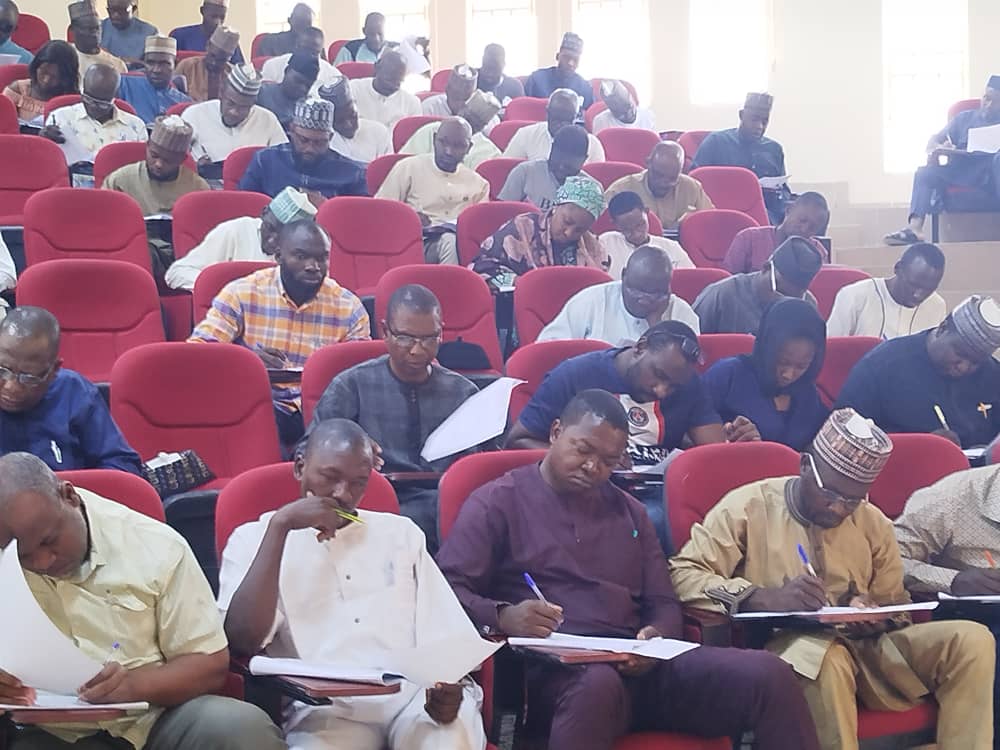
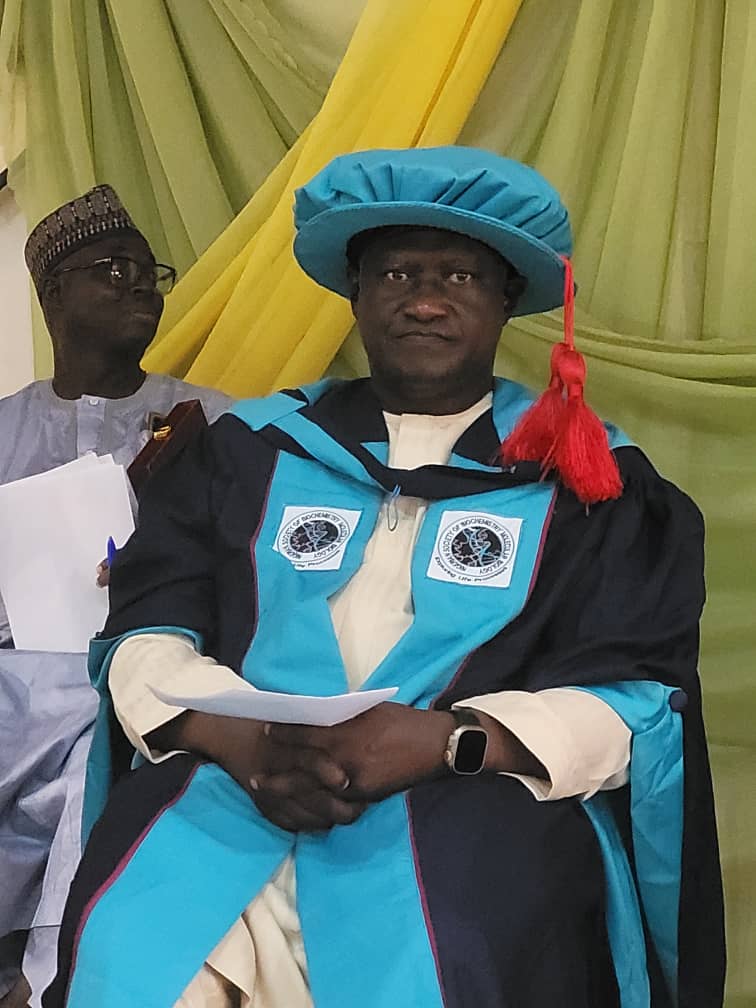
● Training Programmes: Comprehensive training will be provided to all relevant project staff on the proper operation and basic maintenance of the new equipment.
● Maintenance Schedules: Strict preventative maintenance schedules will be established and adhered to, in collaboration with equipment manufacturers or certified technicians.
● Access Protocols: Clear access protocols will be put in place to ensure equitable and efficient use by all researchers, thereby minimising downtime.
Comms Officer: The introduction of PhD programmes in the three SPESSE thematic areas is a significant step. How do these new programmes contribute to the Centre’s long-term sustainability, particularly in terms of human capital development and knowledge dissemination?
Prof. Garba: The introduction of PhD programmes is pivotal for our long-term sustainability. Firstly, these programmes are designed to cultivate a new generation of highly skilled researchers and experts in the SPESSE thematic areas. This addresses the critical need for advanced human capital that can drive innovation and solve complex sustainability challenges. Secondly, PhD candidates will contribute significantly to our research activities, augmenting the Centre’s intellectual capacity and strengthening our research pipeline. Thirdly, as our PhD graduates enter academia, industry, or government, they will become ambassadors of the Centre’s work and principles, disseminate knowledge, and foster sustainable practices across various sectors. This creates a legacy and expands our influence far beyond the Centre’s physical location, ensuring a continuous flow of expertise and impact.
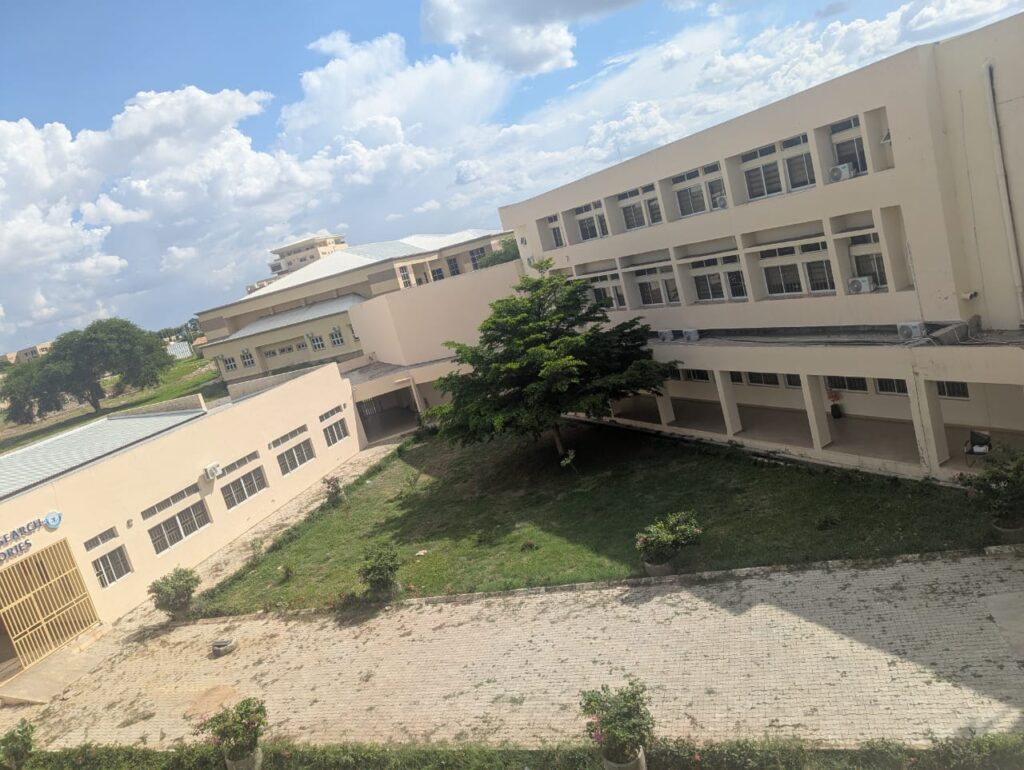
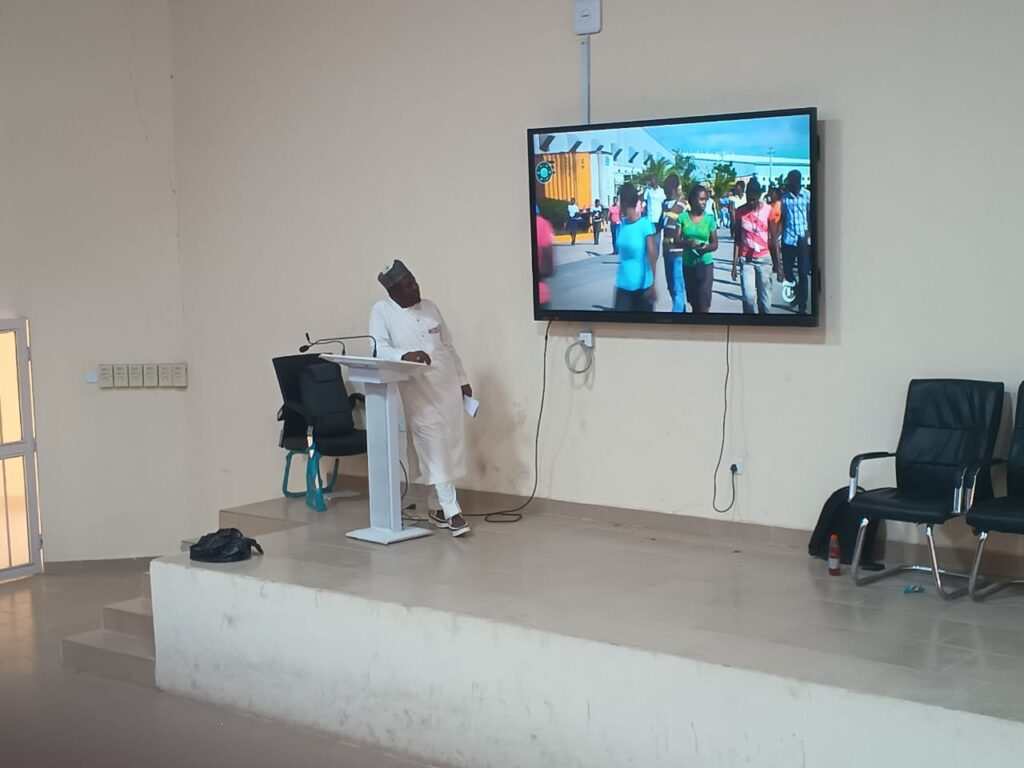
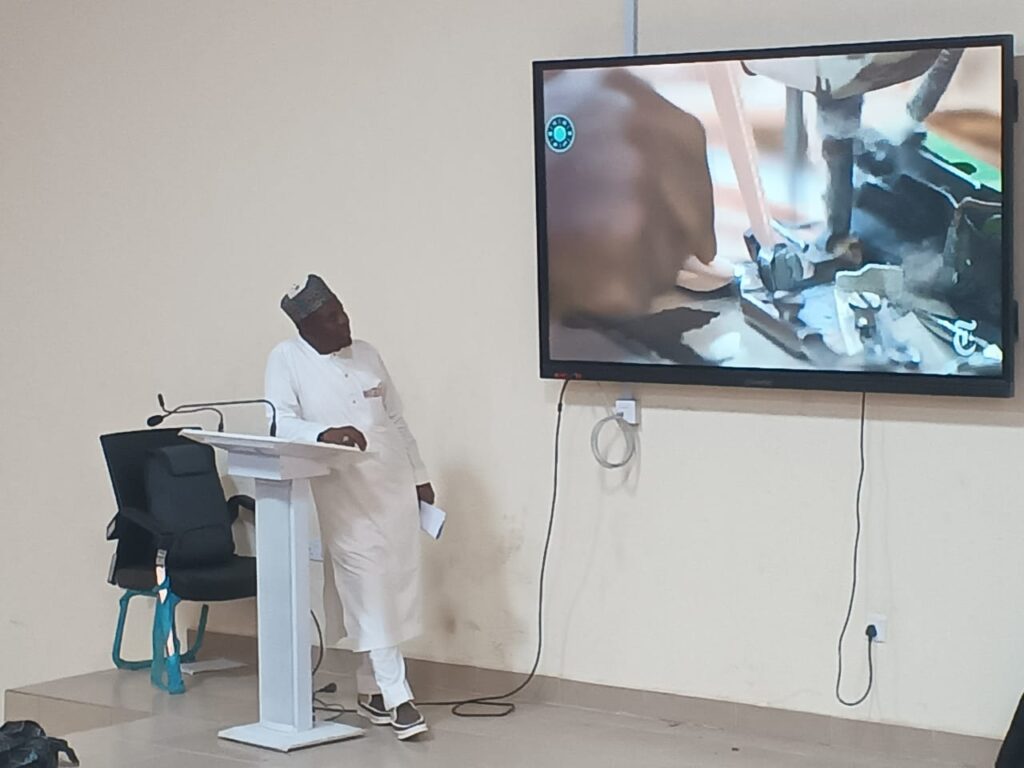
Comms Officer: What measures will be put in place to ensure the quality and relevance of these PhD programmes, so that graduates are well-equipped to contribute meaningfully to sustainability initiatives upon completion?
Prof. Garba: Ensuring the quality and relevance of our PhD programmes is paramount. Our planned measures include:
● Strong and Dedicated Supervisory System: A robust supervisory system will be in place, with supervisors who are active researchers in the three thematic areas and committed to student mentorship.
● Interdisciplinary Approach: Where relevant, we will encourage interdisciplinary research to reflect the complex nature of sustainability challenges.
● Practical Engagement: Students will be encouraged and supported to engage in practical, real-world projects, internships, and collaborations with industry or governmental bodies.
● Research Ethics and Integrity: Strong emphasis will be placed on research ethics and integrity, ensuring responsible and impactful research.
● Regular Review: The programmes will undergo regular internal and external quality assurance to ensure continuous improvement and responsiveness to evolving sustainability landscapes.
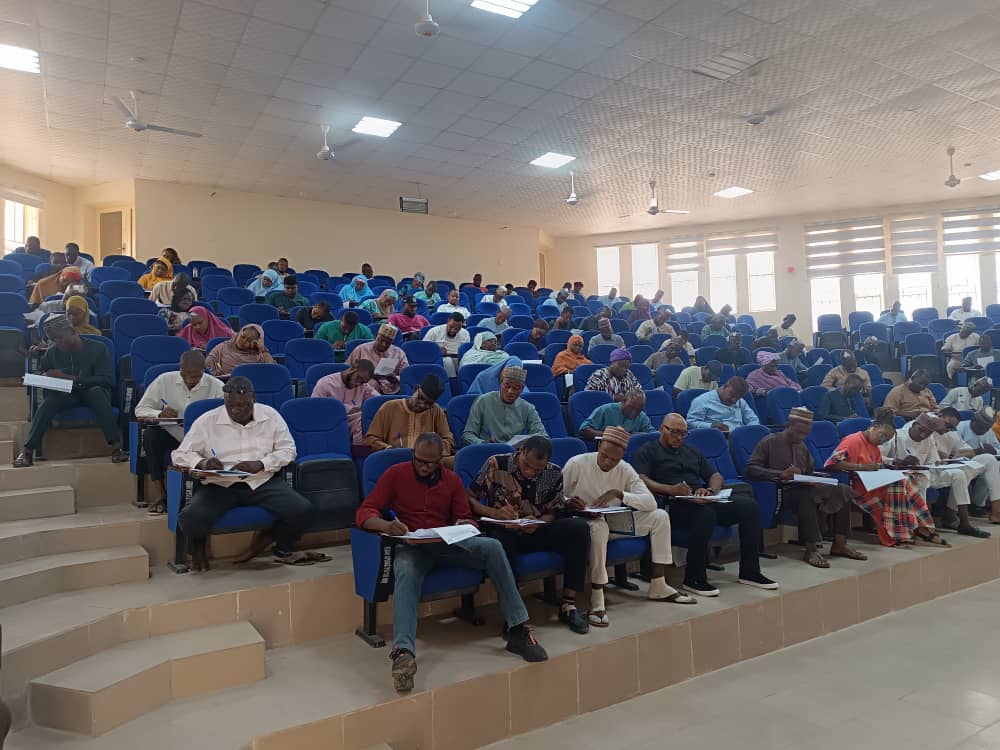
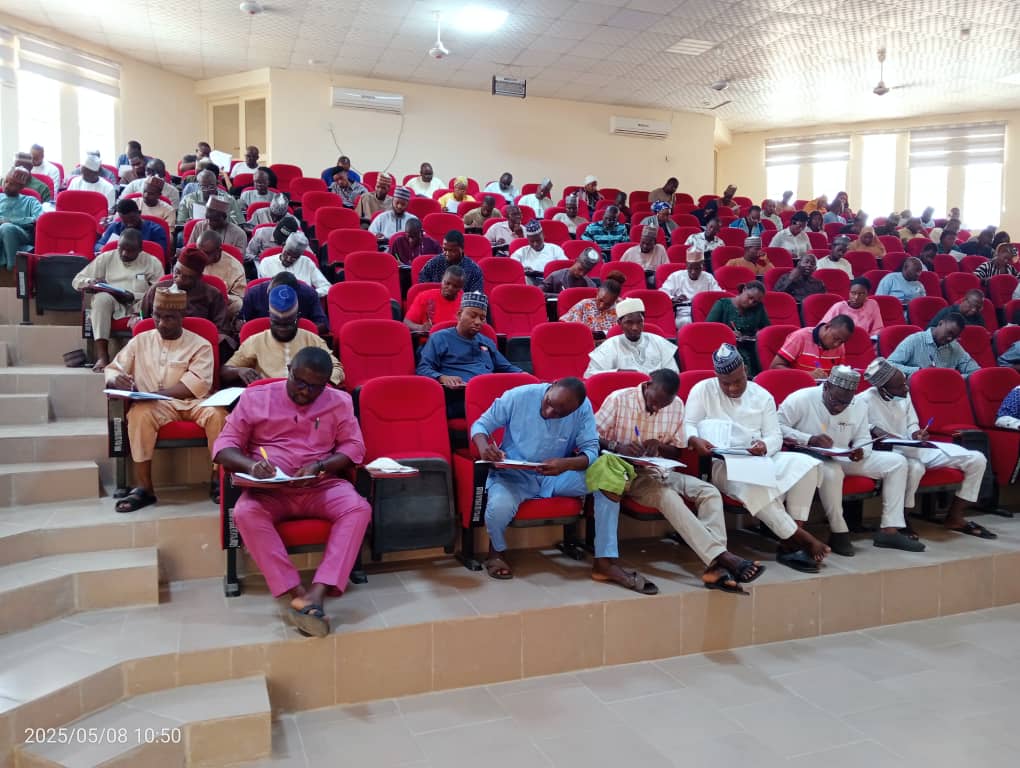
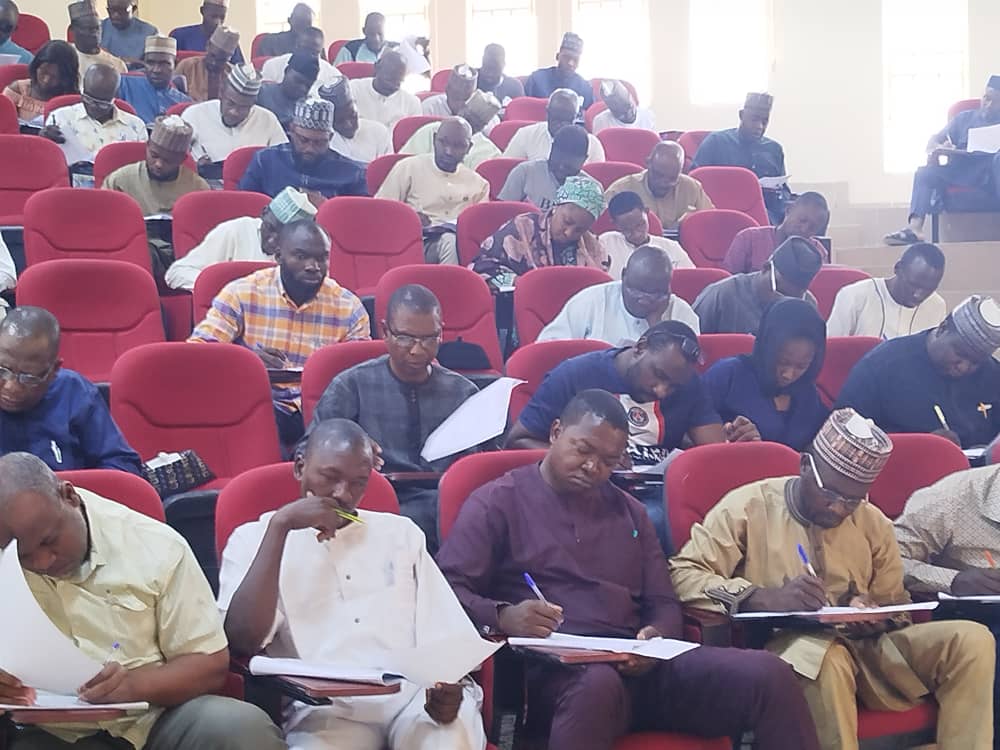
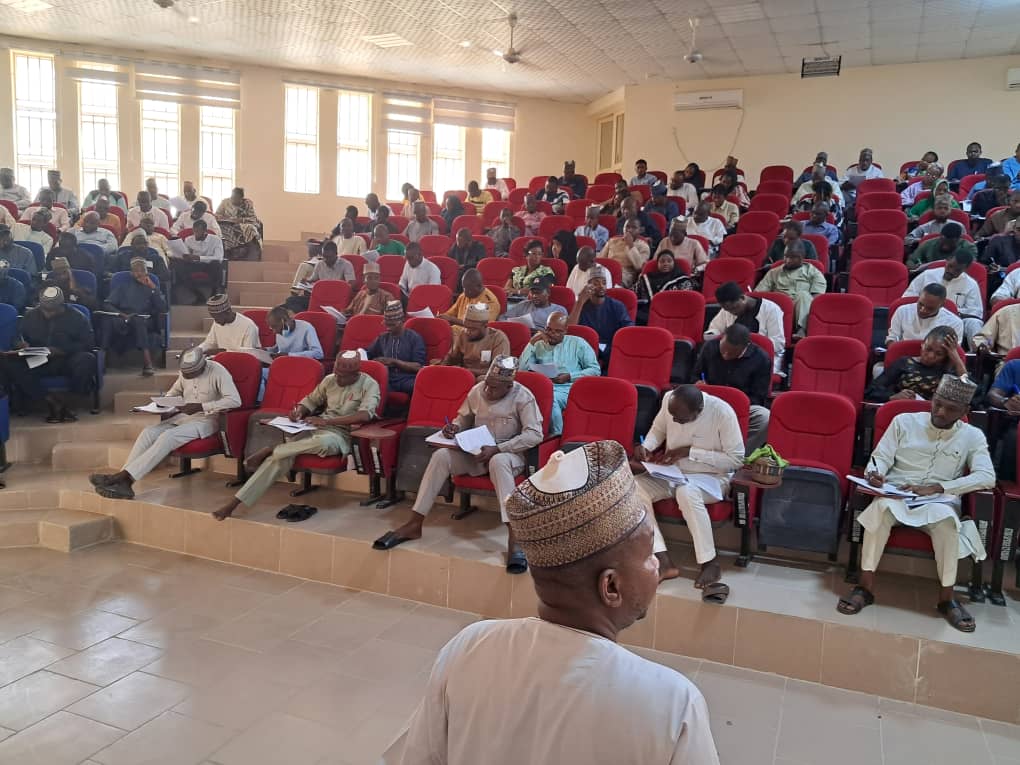
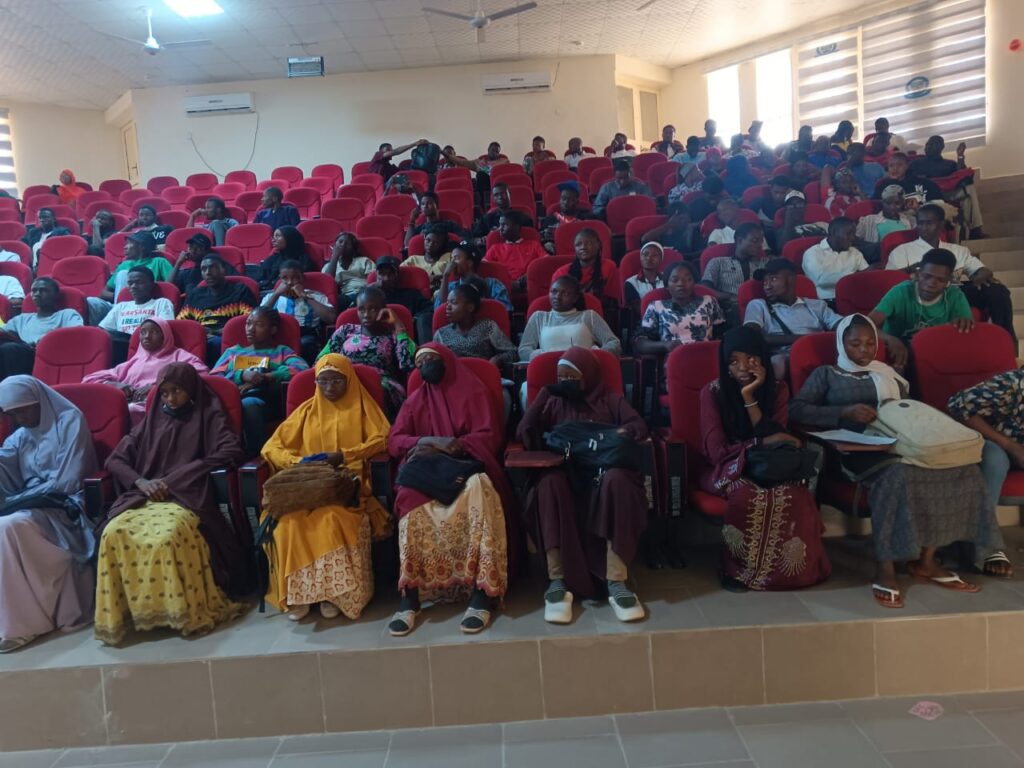
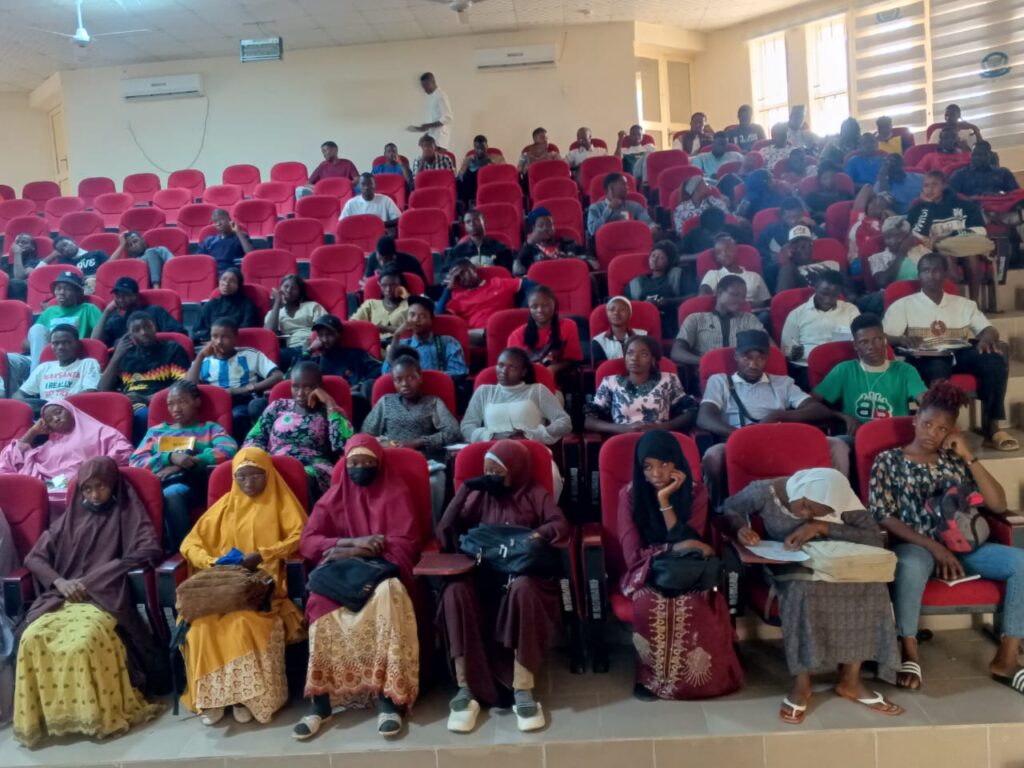
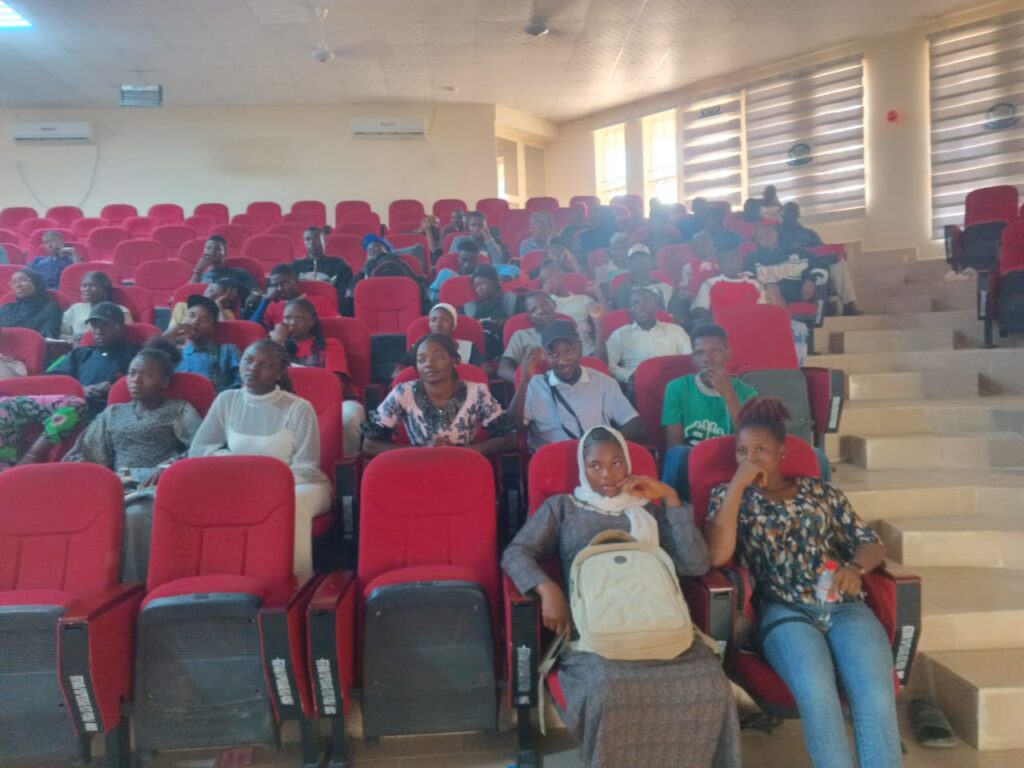
Comms Officer: Housing the project in a dedicated facility, complete with project staff offices, lecture theatres, laboratories, and classrooms, is a substantial investment by the World Bank. How does this dedicated infrastructure contribute to the overall sustainability and operational efficiency of the ATBU-SPESSE Centre of Excellence?
Prof. Garba: A dedicated facility is critical for the long-term sustainability and operational efficiency of the Centre. It provides a centralised and conducive environment for all our activities – research, teaching, and project administration. This fosters synergy and collaboration among staff, researchers, and students, which is essential for innovation. It also enhances our institutional identity and visibility, making the Centre a recognisable hub for excellence in the SPESSE thematic areas. This aids in attracting partnerships, funding, and top talent. Having dedicated, purpose-built laboratories and classrooms also ensures optimal learning and research conditions, which directly impact the quality of our output. The facility enhances our brand, which projects our reputation as a credible Centre of Excellence. Finally, it enables efficient resource allocation and management, as all core functions are consolidated under one roof, minimising logistical complexities and contributing to overall operational efficiency.
